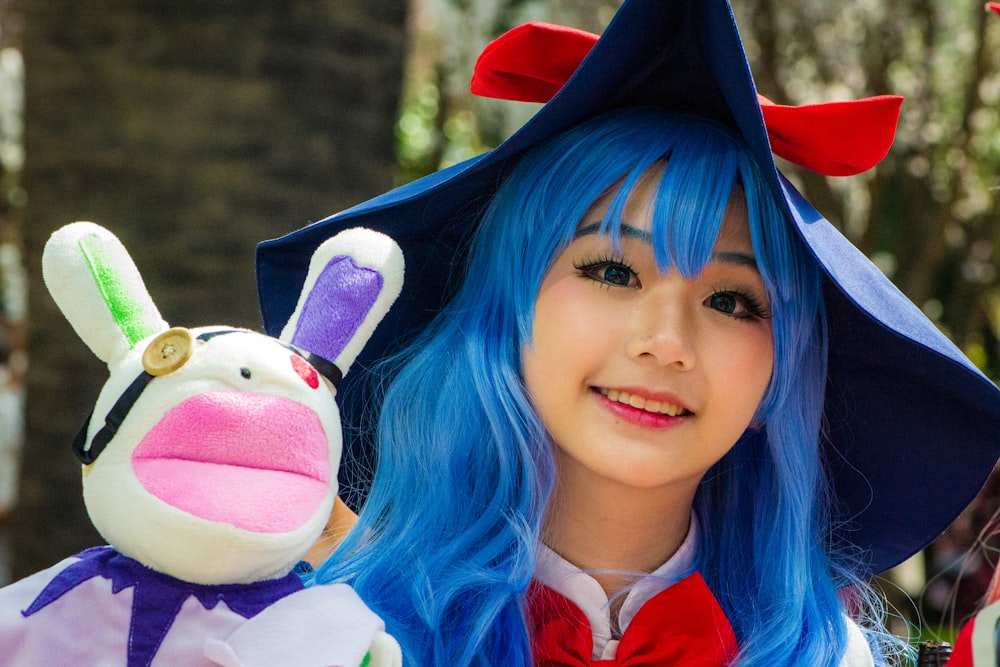Often, works of popular culture support the stereotype of a “stupid heroines in love” who is ready to do anything for the attention of a boy. This is especially true for Japanese comics, in which the image of “moe” is sung more than even in romantic poetry.
Society has formed a stereotype that heroines in love are hopeless in their frenzied desire to be close to their beloved, in their readiness to submit to him and be protected by his courage, strength, and so on. Love really brings feelings, emotions, worries into life, often overshadowing the reflection associated with the rational and conscious. However, surrendering to love completely, forgetting about your own self, is rather a unique story than a massive one. Usually, having fallen in love, we, on the contrary, begin to weigh the pros and cons, reflect on whether we did the right thing, giving preference to one over the other, to think about whether we have lost something important in the pursuit of happiness.
In the manga, too, you can find examples of strong, thinking, and doubting heroines character, whose characters are much more similar to the views of modern women.
Maria Kawai (“The Enchanting Song of the Devil”, 2006-2011)
Mary was nicknamed the Devil for her harsh frankness and absolute inability to lie. Maria does not stand on ceremony with people if she sees that they are lying or do not say something. She says what she thinks. About what he sees. Basically, these are human vices and depravity. Which she had to deal with from childhood to this day because high school is full of gossip and hypocrisy.
Due to the natural candor of Mary, it is difficult to communicate with people. She sees bad intentions in people, feels when they do not act from a pure heart, are cunning, smile fake, so it is difficult for her to get closer to her peers. But the strong-willed character of the girl and her relentlessness from her principles ultimately help Mary to find true friends, love, and find harmony.
Nana Osaki (“Nana” 2000-2009)
Nana Osaki from the manga of the same name “Nana” is heroines character for whom one is not ashamed. First of all, it is worth noting her desire to make her dreams come true. The ambitious girl travels to Tokyo to become a singer and become famous in the music field. Nana works hard on the music, lyrics, and her vocals cling to any opportunity to perform. Proudly endures the sexist statements of others and even her boyfriend, who, being the lead singer of a famous rock group, does not believe in Nana’s success and in general only dreams of the girlfriend gave birth to him a child and left a musical career.
The Nana manga gives the reader a glimpse into the relationship between two completely different personalities. And respect for the female solidarity that undoubtedly permeates the friendship between Nana Osaka and Nana Komatsu.
Emma (“Emma”, 2001-2008)
Victorian England of the late 19th century. The concept of the honor and valor of a gentleman is adjacent to the opinion about the failure of women and their need for protection from a man. It is in this era that Emma lives, the heroine of the manga of the same name. The maid in the house of the respected Miss Stoner.
Due to her character and position in society, Emma is calm, quiet, and modest, from the outside. It may seem that she is timid and spineless, but this, of course, is not so. Emma’s pretty, soulful face attracts cavaliers from all over London; everyone from couriers to gentlemen is her admirer. However, Emma does not buy into flattery and does not seek her fate in the backyard of a rich man’s estate. She refuses one groom after another, which is why offended young people sometimes gossip about her in men’s clubs.





















